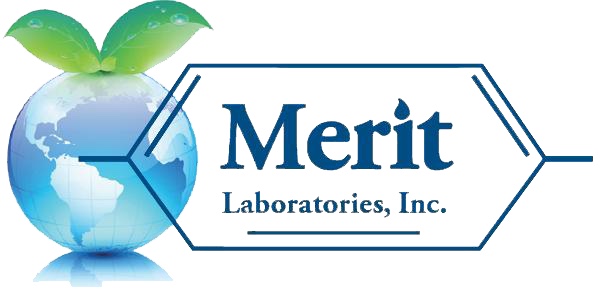Merit Laboratories has expanded the list of analytical methods, compounds, and sample matrices for which it is accredited through the DoD Environmental Laboratory Accreditation Program (DoD ELAP). Through this expansion, the DoD officially revised Merit Laboratories' DoD ELAP testing certification to also now include EPA Method TO-15 for the analysis of air samples. Merit is also analyzed for a comprehensive list of analytical methods for aqueous and solid sample matrices.
DoD Installations Assessed for PFAS Use and Potential Releases
The U.S. Department of Defense is actively performing assessments of PFAS usage and potential releases at more than 650 military installations throughout the country. The list of installations includes sites in all 50 states, the District of Columbia, Guam, Marshall Islands, Midway Islands, Puerto Rico, and the U.S. Virgin Islands. The military installations being assessed cover a diverse range of DoD facilities
PFAS Contamination at Military Bases and Facilities Grows
The number of U.S. military bases and facilities with known or suspected PFAS contamination has grown to nearly 700, according to a recent report published by the Environmental Working Group. This latest increase adds an additional 27 military installations to the number reported just one month earlier by the Department of Defense (DoD).
Ohio Schools, Daycares, and Public Water Systems Begin PFAS Testing
The State of Ohio has started a statewide PFAS drinking water sampling and laboratory testing program. The testing is being conducted as part of Ohio’s PFAS Action Plan and will identify the concentrations of PFAS in Ohio’s 1,500 public water systems. As part of this sample collection and laboratory testing program, about 250 schools and daycares with their own public water systems are also being tested.
EPA Proposes PFAS Safe Drinking Water Act Regulations
The U.S. EPA announced a proposal for regulating PFAS chemicals in the nation’s drinking water. Through the U.S. EPA’s proposal, perfluorooctanesulfonic acid (PFOS) and perfluorooctanoic acid (PFOA) will become regulated through the Safe Drinking Water Act (SDWA). According to the U.S. EPA, this preliminary determination is a necessary step toward providing state and local communities with key information about PFOA and PFOS in drinking water.
Great Lakes PFAS Summit Set for October 2020
The first-ever Great Lakes PFAS Summit will bring together scientists, government officials, regulators, academic researchers, industry, and community organizations on all topics PFAS. The summit is set for October 27-28, 2020 in Lansing, Michigan, will be hosted by the Michigan Department of Environment, Great Lakes, and Energy (EGLE). The summit will provide participants with current and reliable PFAS science and policy, explore PFAS research topics, facilitate networking, and share information on the latest research and technology. EGLE is developing the agenda for this two-day conference. Topic areas for the Great Lakes PFAS Summit include
State of New York Issues PFAS Sampling & Analysis Guidance Document
As part of a nationwide trend, the New York Department of Environmental Conservation (NYDEC) has issued Guidelines for Sampling and Analysis of PFAS. The guidance document summarizes procedures and updates previous NYDEC Division of Environmental Remediation (DER) technical guidance for PFAS activities.
EPA Method 533 - the Newest PFAS Method - is Officially Released with Scientific Validation Support from Merit Laboratories
Merit Laboratories was just one of four national laboratories acknowledged in the newest approved method, EPA 533, for PFAS testing in drinking water that just released by the U.S. EPA. Merit was acknowledged in the approved method for completing a validation study using EPA 533 and was recognized for providing valuable feedback on the method procedures and reviewing the draft method manuscript.
EPA PFAS Action Plan One Step Closer to Implementation
The implementation of the the U.S. Environmental Protection Agency’s PFAS Action Plan is one step closer. In the December 4, 2019 Federal Register the EPA published an Advanced Notice of Proposed Rulemaking (ANPRM).













